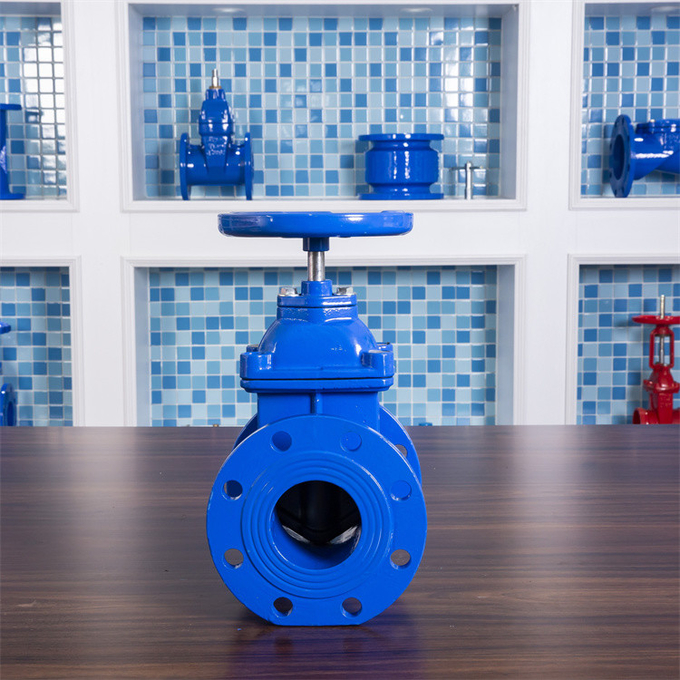ستمبر . 08, 2024 14:17 Back to list
stainless check valve
Understanding Stainless Steel Check Valves A Guide
Stainless steel check valves are essential components in various fluid systems, designed to prevent backflow and ensure that fluid or gas flows in one direction. By their very design, these valves contribute significantly to the efficiency and safety of many industrial and home applications.
What is a Check Valve?
A check valve, also known as a non-return valve, is a mechanical device that permits fluid flow in one direction while preventing it from flowing backward. This feature is crucial in systems where maintaining the correct flow direction is vital to prevent damage and ensure operational efficiency.
Material Matters Stainless Steel
Stainless steel is often the material of choice for check valves due to its superior properties. Unlike other metals, stainless steel offers excellent corrosion resistance, which is crucial in applications dealing with various fluids, including water, chemicals, and pharmaceuticals. Its durability ensures longevity, reducing the need for frequent replacements and thereby cutting maintenance costs. Additionally, stainless steel check valves can withstand high temperatures and pressures, making them suitable for a broad range of industrial applications.
Applications of Stainless Steel Check Valves
These valves find their application across numerous sectors, including
1. Water and Wastewater Treatment Ensuring that treated water flows in one direction and contaminants do not infiltrate the system. 2. Oil and Gas Industries Protecting pipelines by preventing backflow, which can lead to leaks and spills.
3. Food and Beverage Processing Maintaining the integrity of the product by preventing contamination from backflow.
stainless check valve

4. HVAC Systems Ensuring that systems operate efficiently by preventing reverse flow of refrigerants or water.
Types of Stainless Steel Check Valves
Stainless steel check valves come in various designs, including
1. Lift Check Valves These use a disc that moves vertically to allow flow, making them suitable for high-pressure systems.
2. Swing Check Valves Featuring a hinged disc that swings open to allow flow, they are commonly used in larger pipes.
3. Spring Check Valves These incorporate a spring mechanism to facilitate quicker closure, reducing the risk of water hammer in systems.
Installation and Maintenance
Proper installation of stainless steel check valves is critical to their performance. Positioning them correctly ensures that they function as intended, preventing backflow. Regular maintenance checks should be performed to ensure they are free from debris and operate smoothly. While stainless steel provides excellent durability, ensuring that the sealing surfaces are clean and intact prevents leaks and operational issues.
Conclusion
Stainless steel check valves are vital components that enhance the safety, efficiency, and reliability of fluid systems. Their robust construction and versatility make them suitable for various applications across multiple industries. Investing in high-quality check valves, along with proper installation and maintenance, can significantly improve system performance, reduce costs, and ensure longevity. Understanding their importance is crucial for anyone involved in fluid management or system design.
-
Water Valve Gate Design Prevents Leakage and CorrosionNewsJul.11,2025
-
Steel Fab Table Features Reinforced Construction for LongevityNewsJul.11,2025
-
Specialized Valve Designs for High Pressure SystemsNewsJul.11,2025
-
Machinist Gauge Pins Feature Ground and Lapped FinishesNewsJul.11,2025
-
Hose Check Valve Prevents Backflow in Irrigation LinesNewsJul.11,2025
-
Durable Micrometer Tools Withstand Heavy Workshop UseNewsJul.11,2025
Related PRODUCTS









